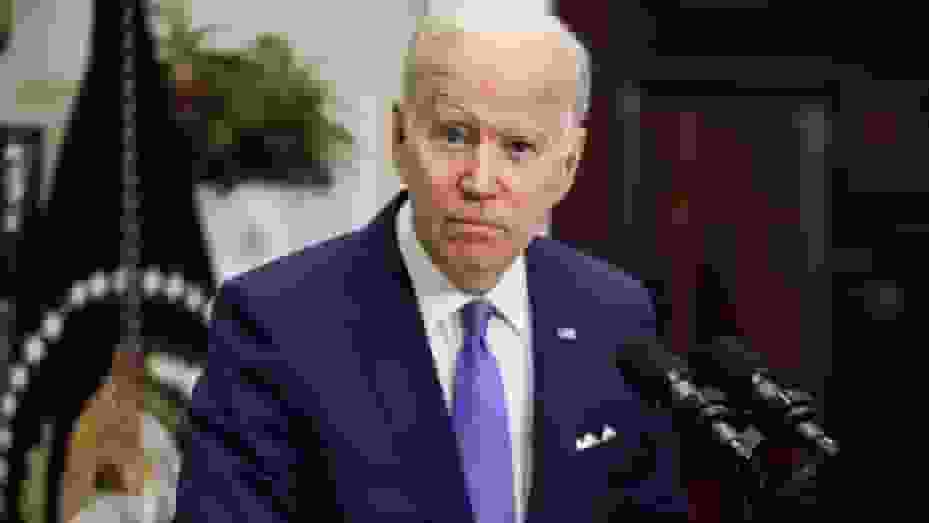Biden’s Student Loan Forgiveness Plan Faces legal Challenges
Biden’s student loan forgiveness plan is facing legal challenges, leaving borrowers wondering what alternative plans are in place should the original plan be struck down.

Firstly, there is a question of whether the President has the authority to cancel student debt through executive action, CNN reported. Additionally, some argue that forgiving student debt without any consideration of the borrower’s income or ability to repay the loans could result in an unfair distribution of benefits.
There are also concerns about the potential cost of the plan and whether it would disproportionately benefit borrowers who attended graduate school or are relatively affluent. Finally, there are concerns that the plan may face political opposition from those who oppose student loan forgiveness as a matter of principle.
READ ALSO: Student-Loan Lender SoFi Seeks To End Payment Pause, Return Borrowers To Repayment
If Biden’s student loan forgiveness plan fails, what options are available?
The short answer is that there are no formal alternatives ready to go.
Despite legal challenges that have stifled the original Biden’s student loan forgiveness plan since it was announced last August, the White House has been so confident that President Joe Biden’s student loan forgiveness plan will survive that it has not considered a formal backup plan. This is even though the Supreme Court is currently weighing lawsuits calling the plan “unconstitutional” and alleging that the HEROES Act does not provide the authority to grant relief from student loans, GoBanking Rates reported.
If Biden’s student loan forgiveness plan is struck down, the administration could extend the student loan pause yet again, which would mark the eighth time it has been extended since it first went into effect in March 2020. The White House may also shift its attention towards alternative loan forgiveness options, including repayment plans based on income, known as income-driven repayment plans (IDRs). In January, the administration proposed new regulations to reduce federal student loan payments — especially for lower and middle-income borrowers.
Another option if Biden’s student loan forgiveness plan fails is for Biden to reissue the loan forgiveness plan under a different legal authority. Advocates for borrowers, along with a group of legal scholars specializing in student loans, have suggested that the Biden administration should relaunch the loan forgiveness plan using a section of the Higher Education Act (HEA), which is responsible for regulating the federal student loan system.
The Higher Education Act (HEA) grants the U.S. Secretary of Education expansive power to “compromise, waive, or release any right, title, claim, lien, or demand” linked to federal student loans. One advantage of this option is that its legal authority doesn’t rely on a national emergency such as a pandemic.
Ultimately, the fate of Biden’s student loan forgiveness plan will depend on a variety of factors, including political support, budget considerations, and public opinion. It remains to be seen how the issue will be resolved and what impact it will have on borrowers and the wider economy.
READ ALSO: Will Joe Biden’s Student Loan Reforms Give Borrowers the Fresh Start They Deserve?





